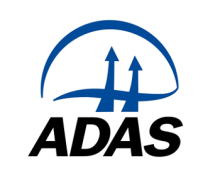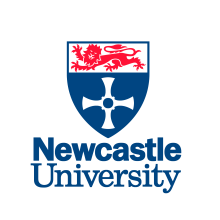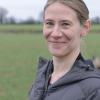The project will initially run for 3.5 years, with the option to extend for an additional two years. ADAS will work with Newcastle University, AFBI, Liz Genever Consulting and LLM Farm Vets.
The project will compare mob grazing and conventional grazing systems at 9 farm sites across the country. Measurements will include livestock performance, soil quality, biodiversity, and diffuse pollution (nitrate leaching, ammonia and nitrous oxide emissions). The project will provide Defra with the evidence base to inform any support provided for specific grazing management systems.
Further information on the project will be posted here when available.





